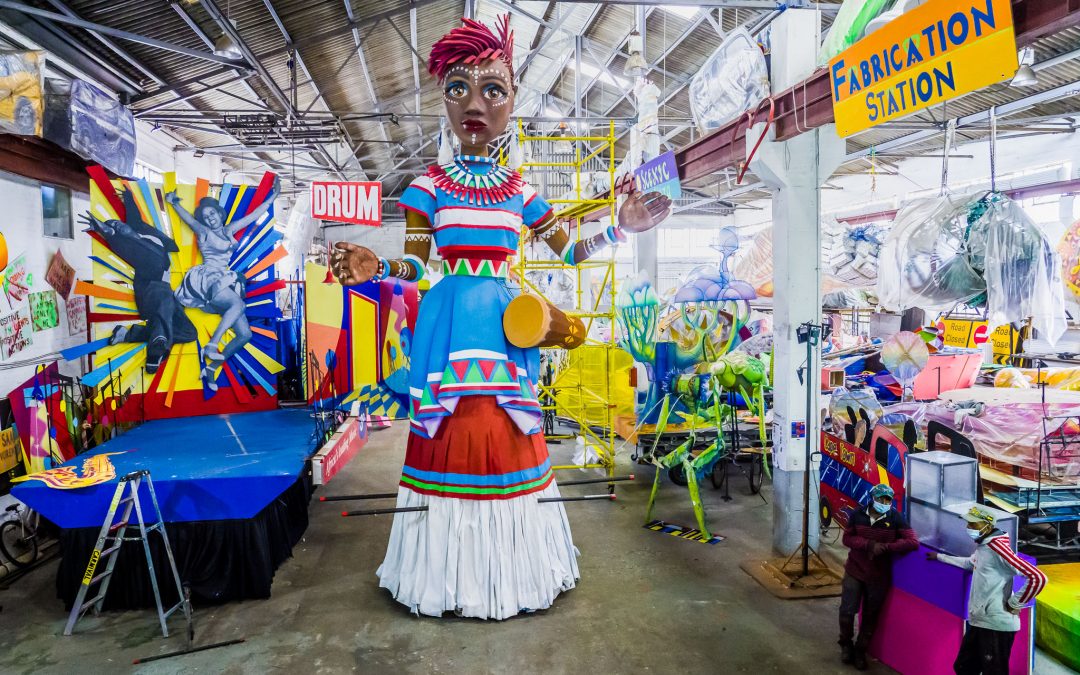The enormously popular Cape Town Carnival has been forced to contend with unprecedented challenges in how to remain viable in an era of social distancing, limited crowd capacities and, depending on the level of lockdown restrictions of the day, a banning of public events altogether.
Yet despite these extremely trying circumstances, the Cape Town Carnival, chaired by Media24 chair and Stellenbosch University economics professor Rachel Jafta and Carnival CEO Jay Douwes, has experienced a new level of growth and innovation.
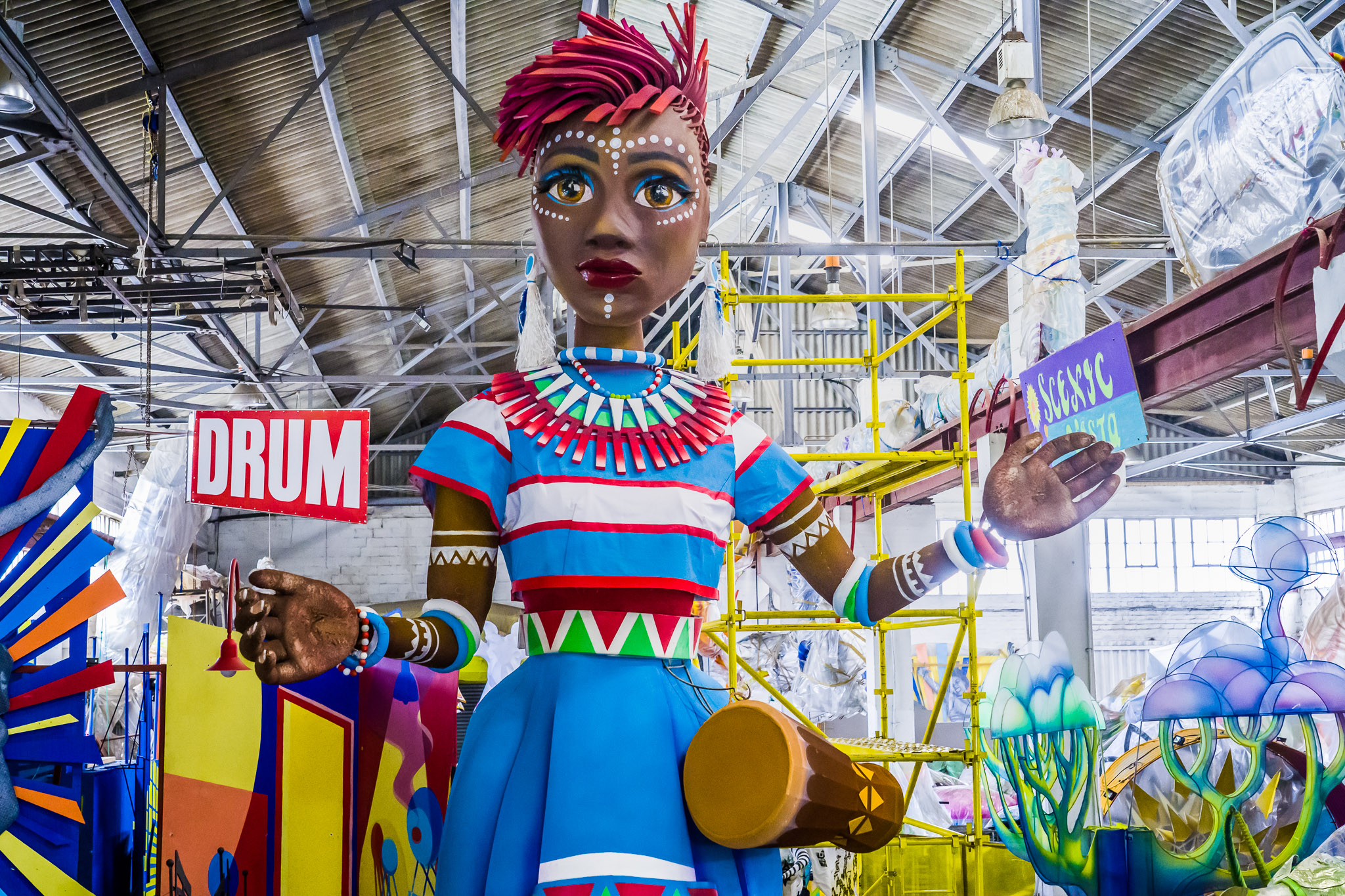
The Carnival, held in March each year, draws in excess of 50,000 spectators who line the streets to marvel at the performances of some 2,000 dance group participants from across the Cape Peninsula,
This past Saturday, Cape Town Carnival hosted the sixth of its seven-part Cultural Creative Workshop Series.
The two-hour online workshops are aimed at 70 community group leaders from across the Peninsula who are given the opportunity to connect and inspire one another by embracing digital platforms and showcasing a thematic subject through art, performance or history.
The most recent workshop on Saturday honoured women, aptly in the same week International Women’s Day was celebrated.
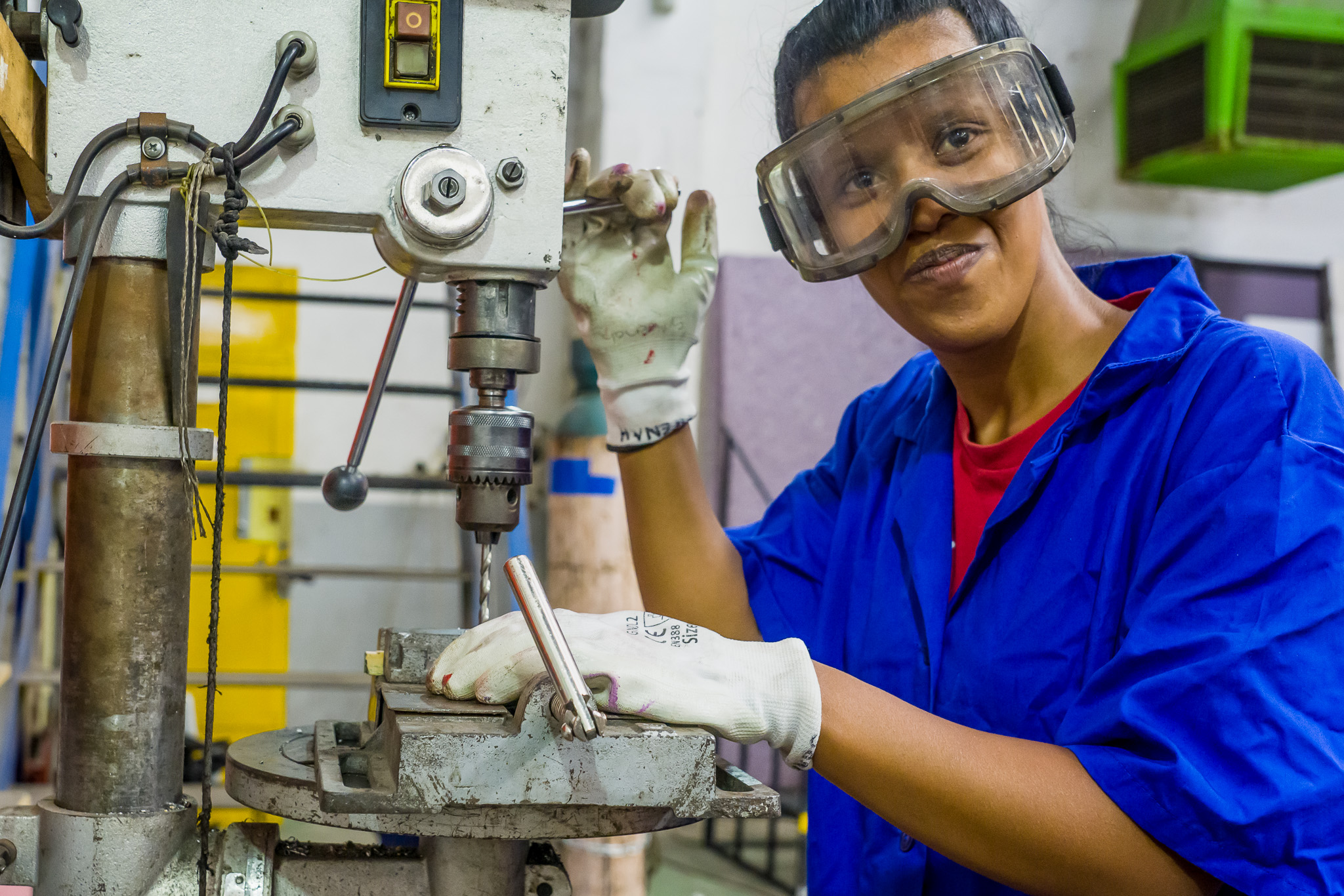
“It’s crazy to think that not long ago women did not have the right to vote, let alone work in a position of their choice, and were still expected to care for their families and communities,” Douwes says.
“But we’ve come so far, and I’d like us to honour all women today. I’m particularly grateful to the women around me, our Carnival women, who’ve been central to keeping this public organisation going despite the enormous odds.”
Now in its 12th year as a beacon of social cohesion and change, Cape Town Carnival under predominantly female leadership has not only grown its online community arts and job-creation and training programmes, but also put enormous energy into keeping people employed in the organisation.
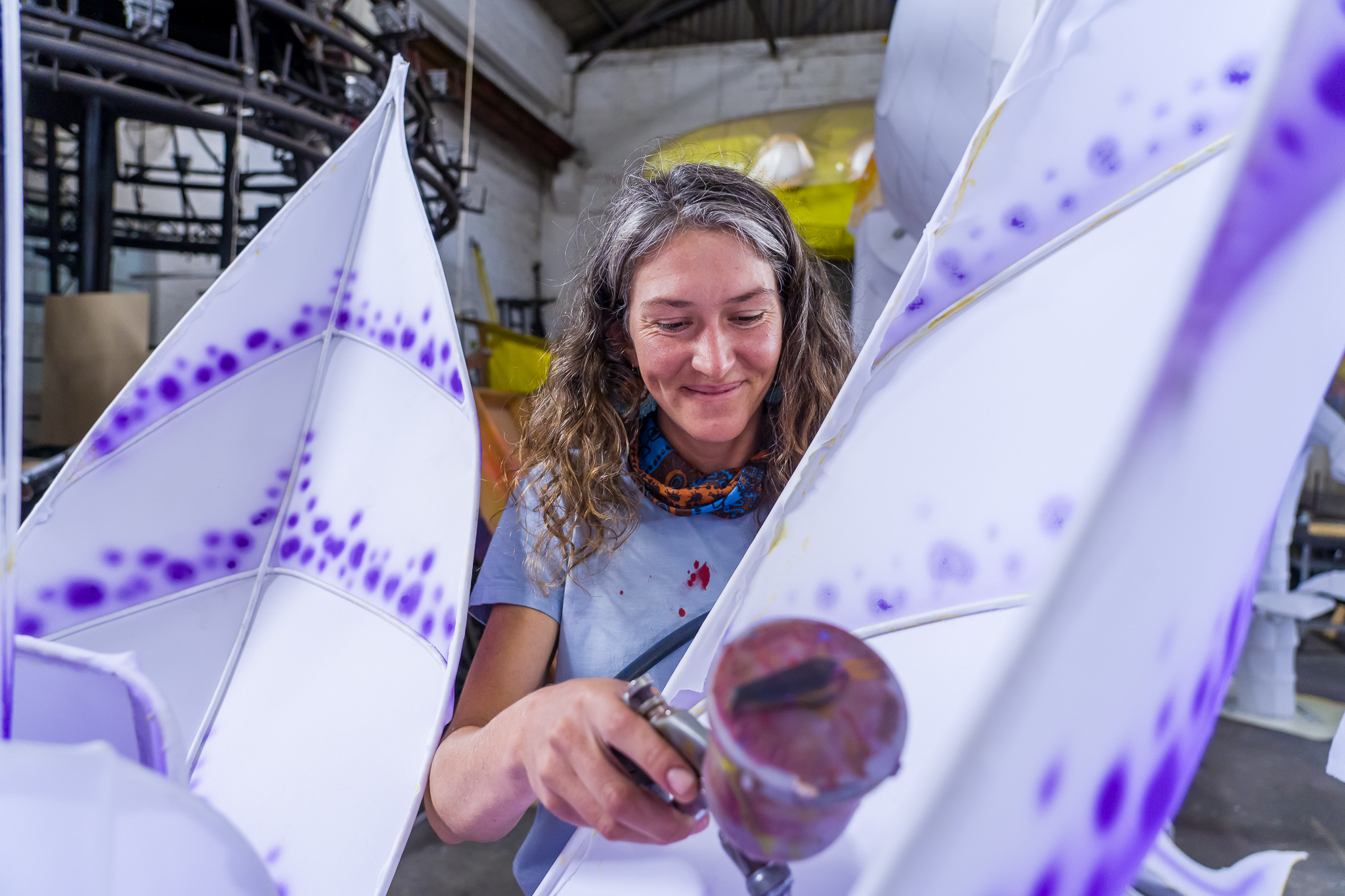
It continues to employ eight full-time and four part-time staff, four full-time trainees, and 32 artists and artisans in its Maitland factory workshop, where all Covid-19 health and safety requirements are complied with.
Ten Extended Public Works Programme candidates began a two-month training programme in the workshop in mid-February, while a representative from each of about 40 community groups is being trained in social media, and another 40 in technical camera and video techniques.
A further 18 people are being trained in performance direction, event logistics planning and execution, or in Covid-19 health and safety regulations.
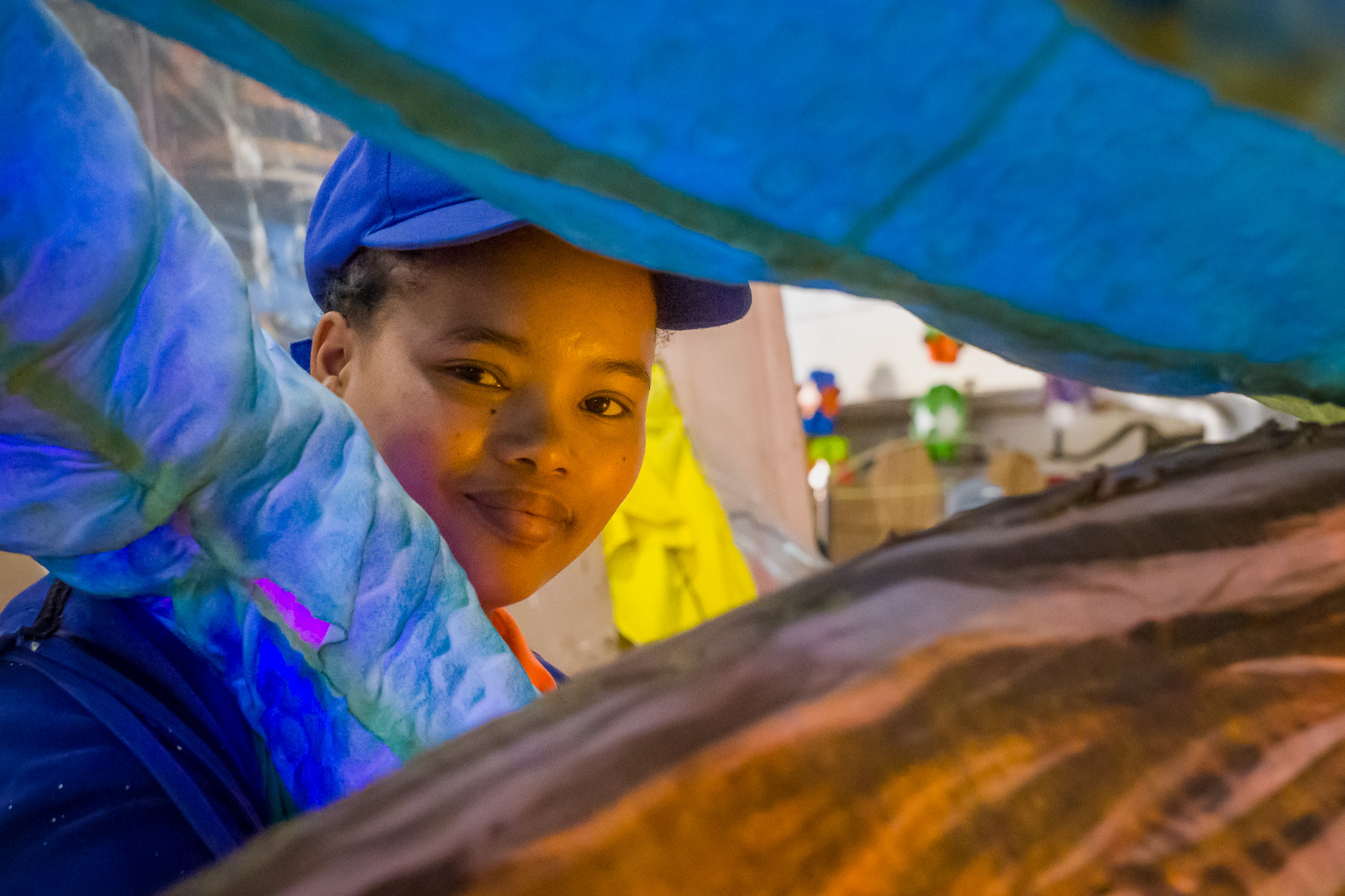
Asked how women leaders have been affected by the pandemic, Jafta says: “My sense is that women for the most part thought about people first when looking at how people and families were being impacted.
“In the process, they simply took on too much, and ran the risk of putting their own health at stake.”
Understanding how men can support women to meet insurmountable challenges, community group leader Yusuf Gester questioned what was really needed for women to feel a different kind of support, especially in communities of need.
“Women need to feel that they are being heard and appreciated. Men shouldn’t assume what women may think or say about something. Sometimes we just want men to listen, to hear us and in doing so, allow us to solve the challenges we face,” says Jafta.
Thenjiwe Mgedisi, principal of Rainbow Academy, a performance arts group for township youth also added that women are often too afraid to ask for help, no matter how hands-on they might be.
Jafta agreed, saying, “For those of us women who are able to help, we have to use our senses, see or hear or read between the lines, and offer help where we think it’s needed.
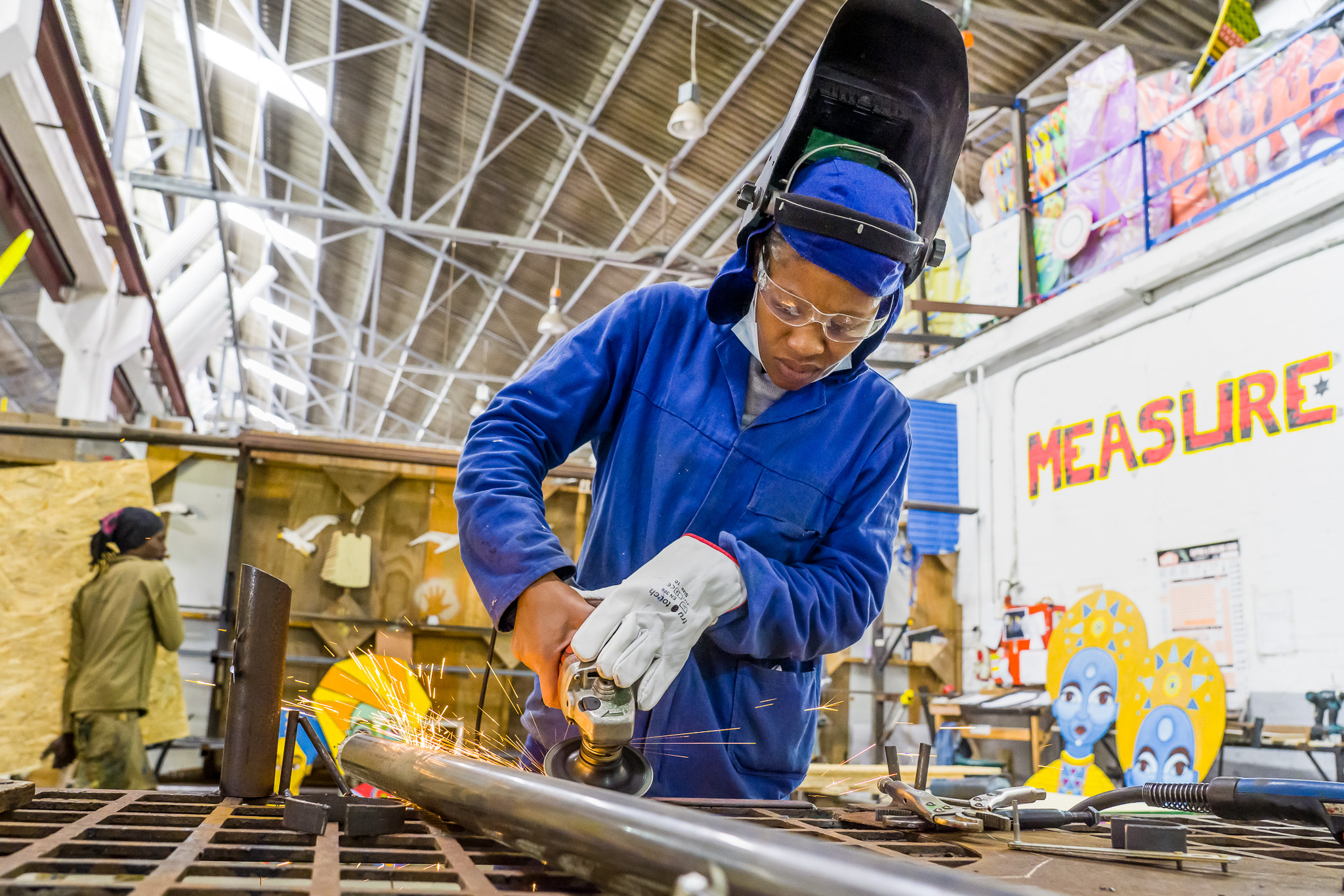
Adding to the discussion, Brad Baard, Creative Director for Cape Town Carnival says: “There is a unique essence and contribution to the fabric of humanity that is brought most strongly by women. It’s why women are the next wave of leaders and why women lead more NGOS and groups working for social change than men.
“Women are inclusive and expansive, they tend to put ‘we’ before ‘me’, and while this must be balanced by self-care, it also makes women champions and defenders and change-makers for the greater good of all of us.”

